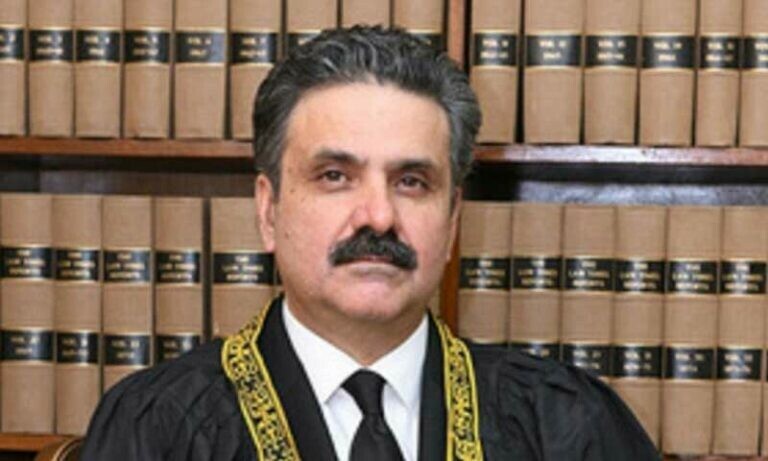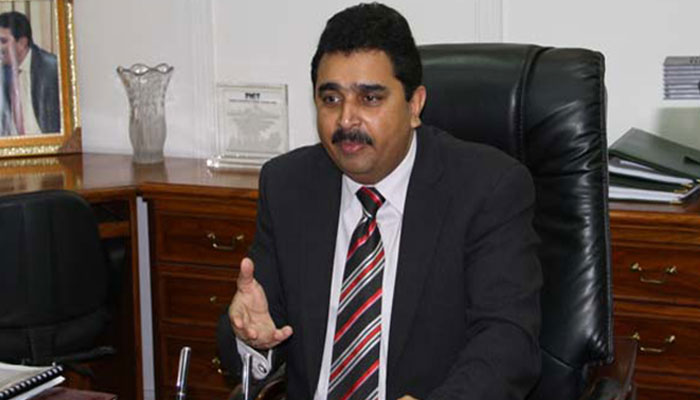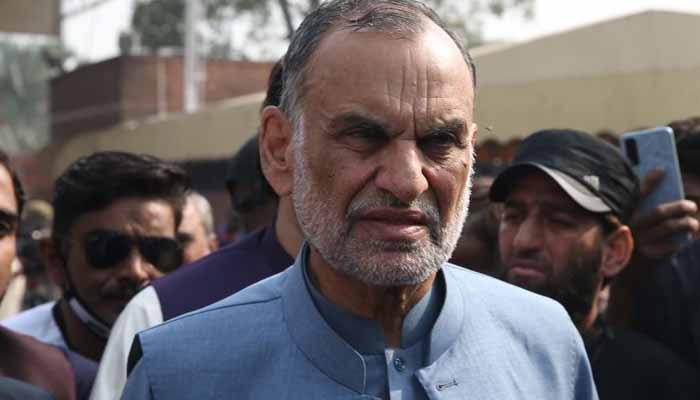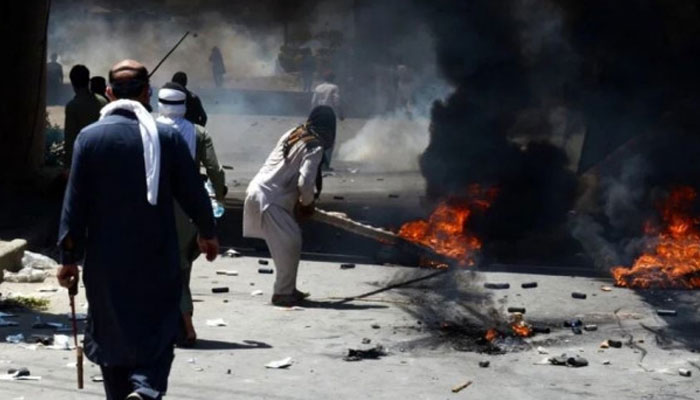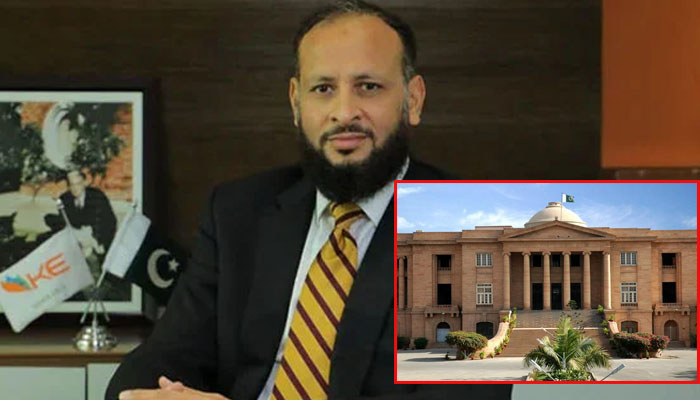LEGAL
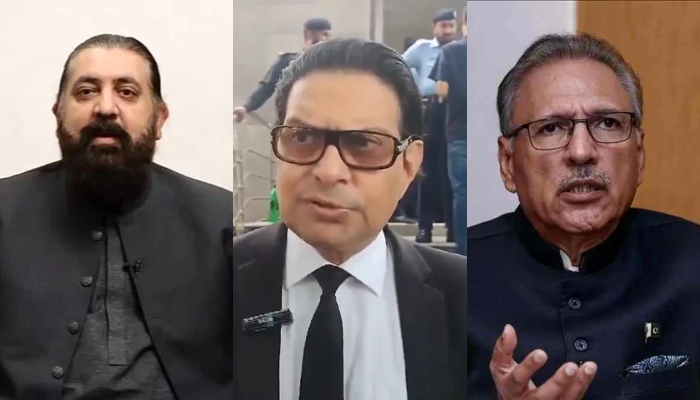
The Islamabad Anti-Terrorism Court (ATC) has issued arrest warrants for 50 Pakistan Tehreek-e-Insaf (PTI) leaders in connection with the November 26 protest case, as tensions continue between the party and law enforcement authorities.
The arrest warrants were issued by ATC Judge Abul Hasnat Zulqarnain following a request made by the Karachi Company Police Station, which had registered two separate cases against the PTI leaders over alleged involvement in inciting violence and unlawful assembly during the November protest.
Prominent Figures Among Those Named
The court has issued warrants for several senior PTI members, including:
· Arif Alvi (Former President)
· Omar Ayub
· Asad Qaiser (Former NA Speaker)
· Hammad Azhar
· Shibli Faraz
· Faisal Javed
· Murad Saeed
· Azam Khan Swati
· Abdul Qayyum Niazi
· Atif Khan
· Salman Akram Raja
· Aleema Khan (sister of Imran Khan)
· Rauf Hassan
· Ahmed Niazi
· Shoaib Shaheen
· Kanwal Shozab
· Shandana Gulzar
· Sher Afzal Marwat
· Sheikh Waqas Akram
· Sahibzada Hamid Raza
The list includes former ministers, parliamentarians, legal aides, and close allies of PTI founder Imran Khan, who remains imprisoned since 2023.
Context of the Case
The November 26 protest, staged by PTI and its supporters in Islamabad, was part of a broader campaign against the government and judiciary. Authorities allege that the protest turned unlawful and involved incitement against state institutions, prompting the registration of multiple cases under anti-terror laws.
Two FIRs registered at the Karachi Company Police Station form the basis of the current legal proceedings. Police had sought the arrest of the involved individuals for failing to appear in court despite repeated summons.
Political Reactions Expected
The issuance of warrants is expected to escalate tensions between the PTI and the current ruling coalition. PTI has repeatedly claimed that its members are being targeted in politically motivated cases. However, officials argue that the party must be held accountable for defying laws and inciting unrest.
Further legal action, including raids and arrests, may follow as police and security agencies move to implement the court’s orders.
